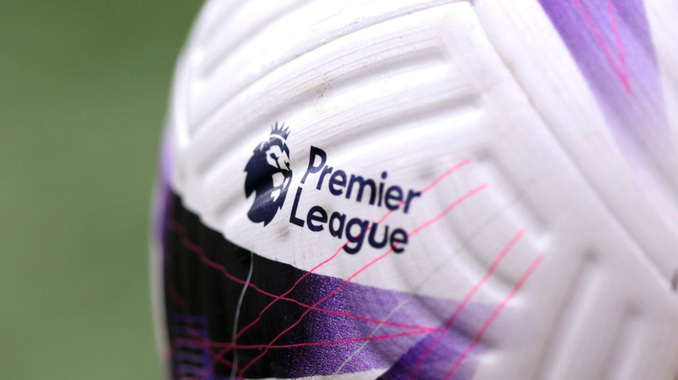The last time ESPN was broadcasting NHL games, generational superstar Sidney Crosby hadn’t even been drafted by the Pittsburgh Penguins yet. It was 2004, and Hall of Fame forward Mark Messier retired that spring.
Seventeen years later, Messier is on the other side of the cameras. He will be part of ESPN‘s NHL coverage, as the network embarks on a seven-year broadcast deal that could turn hockey from a niche sport to a bigger stage. Longtime fans may remember the NHL on ESPN theme music, which will make a comeback.
Nearly everything else will be different.
“To get a platform like ESPN to showcase our great game and our talented players is massive,” Messier told USA TODAY. “The whole opportunity for the NHL to continue to expand and tell the great stories of the players in our game is essential to the growth of the game and to inspire more boys and girls to continue to play and try to achieve their dreams.”
As part of ESPN’s broadcast rights, the network will carry:
-
Exclusive coverage of the Stanley Cup Final on ABC in four of the seven years of the agreement (Turner was a secondary broadcast partner and will carry the other three)
-
75 national regular-season games per season produced by ESPN that will stream exclusively on both ESPN+ and Hulu
-
The NHL’s out-of-market streaming package, including more than 1,000 games, available only through an ESPN+ subscription
That’s a lot of exposure for the league, which reportedly got $240 million from NBC in the last year of its broadcast rights deal and will now get $400 million annually from ESPN (Turner will reportedly chip in another $225 million).
This seems great for the NHL and all, but considering this isn’t the league’s first go-around with ESPN, how did we get past what appeared to be some bad blood?
From ESPN to NBC
By the fall of 2004, the NHL headed into a lockout that claimed what would have been the 2004-05 season. When it finally re-emerged, NBC had taken over the broadcast rights and hockey suddenly had less of a presence with the “worldwide leader in sports.”
It seemed rather obvious that ESPN didn’t want to promote a sport it didn’t have the broadcast rights to anymore, and, in May 2007, the decline was quantified. Le Anne Schreiber, ESPN’s ombudsman at the time, wrote that the network had “a 28 percent decline in hockey’s allotment of airtime” in March 2007 from March 2004.
Schreiber told USA TODAY, “I think the coverage of hockey is inadequate, particularly at the time of the Stanley Cup playoffs.” She added that the NHL only got coverage for being irrelevant and, “It was dissed for its invisibility — because it’s no longer on ESPN.”
Overall, the NBC deal served the NHL well, and there was significant growth over the length of the contract. It started out a bit rocky; however, with games being relegated to the Outdoor Life Network (which was later rebranded as Versus). It also ended with a whimper, as Sports Business Journal reported the 2020-21 season had the lowest regular-season viewership across the 16-year length of the deal.
What comes next?
Bygones are bygones now that the NHL is back on ESPN, and both sides are looking to build a brand that’s larger than an iconic theme song.
Messier isn’t the only former player hoping to be a star off the ice as he was on it. Former NHLers Brian Boucher, Ryan Callahan, Chris Chelios, Rick DiPietro, Ray Ferraro and Kevin Weeks will join Messier as analysts. So too will womens’ hockey icons Blake Bolden, Cassie Campbell-Pascall, Hilary Knight and A.J. Mleczko.
John Buccigross, Linda Cohn and Barry Melrose, staples of ESPN’s prior NHL coverage, are still with the network and are featured names on the on-air talent roster.
Having talent like Buccigross, Cohn and Melrose provides some familiarity for the longtime NHL fans, and adding some new voices to the hockey conversation may provide a fresh perspective for ESPN’s audience.
That’s the bet that ESPN is making, anyway. In the virtual press conference announcing the deal, ESPN chairman Jimmy Pitaro said that the NHL had the most growth in fandom among the major pro sports leagues since 2005 and that viewership was up 30% in 2021 for the 18-48 demographic.
Seventeen years after their last pact, the NHL and ESPN are hoping those numbers can reach a new level over the next seven years.
![]()
DIRECTV Insider brings you our views on what’s happening in streaming, t.v., movies and sports. Companies and persons mentioned are not necessarily associated with and do not necessarily endorse DIRECTV. We will disclose sponsored content on our site when we show it to you, and some of the links on the site may be ads or affiliate links which means DIRECTV may earn compensation from your purchases.






